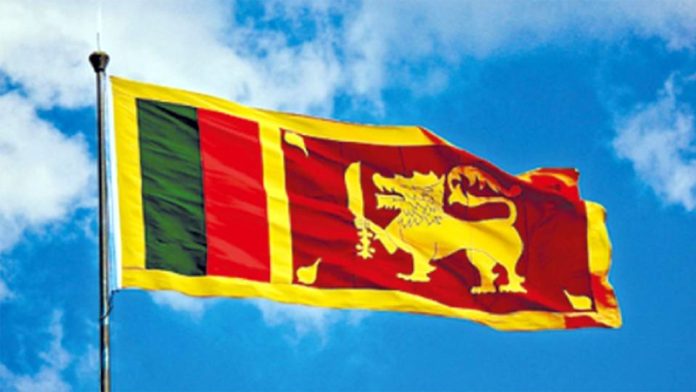COLOMBO, Jan 9 : The Sri Lankan Parliament on Tuesday passed a bill to establish a national unity and reconciliation office, in a key step towards post-conflict reconciliation with the minority Tamil community.
The bill to set up the ‘Office for National Unity and Reconciliation’ was passed with a majority of 48 votes, while 7 Members of Parliament voted against it.
The seven votes against the bill came from Tamil parliamentarians who claimed it served no purpose as the already established reconciliation mechanisms had failed to provide any redress to the minority community.
The debate on the bill’s second reading was held from 10 am to 5 pm.
Justice Minister Wijeyadasa Rajapakshe stated that establishing the reconciliation office would ensure all communities could live harmoniously.
A Secretariat will be established to administer the affairs of the Office of Reconciliation, and a director-general will function as its Chief Executive Officer.
The Office would consist of 11 members, of which one member would be nominated by the justice minister and appointed by the president, while the president would appoint the 10 other members on the minister’s recommendations.
The member’s term of office would be three years, and the president would appoint the chairman on the minister’s recommendation.
The Office will recommend measures to the government to resolve issues that adversely affect national unity and resolve tensions and conflicts between different communities.
It will also find solutions to post-conflict issues, such as the resettlement of internally displaced persons and the rehabilitation and reintegration of ex-combatants.
The bitterly-fought conflict between Sri Lanka and the Liberation Tigers of Tamil Eelam (LTTE), which started in 1983, was ended by the island nation’s military by killing the leaders of the LTTE, which fought for an independent state for Tamils in the country’s North and East.
Last month, President Ranil Wickremesinghe’s office announced its decision to establish the independent commission, calling it a “historic step towards transitional justice and post-conflict reconciliation”.
It said that the Commission acknowledges every Sri Lankan’s inalienable right to ascertain the truth, a pivotal aspect for individuals and communities to heal from past conflicts.
“Additionally, the Commission aims to ensure and strengthen national unity, peace, the rule of law, coexistence, equality, tolerance, respect for diversity and reconciliation among the people of Sri Lanka,” the statement said.
It said that the “Commission is expected to review, consider and facilitate the implementation of recommendations made by past Commissions related to Sri Lanka’s post-conflict reconciliation efforts, including the Lessons Learnt and Reconciliation Commission (LLRC).”
The Lessons Learnt and Reconciliation Commission (LLRC) was appointed by the government in 2010 to look back at the debilitating ethnic conflict with the LTTE, which spanned over three decades.
Sri Lanka has been promising the UN Human Rights Council for years that a truth-seeking mechanism would be set up as one of four transitional justice processes.
Since 2012, Sri Lanka has been subject to the adoption of successive UNHRC resolutions. The October 2022 UNHRC resolution reminded Sri Lanka about the demand to promote healing and reconciliation.
According to Sri Lankan government figures, over 20,000 people are missing due to various conflicts, including the three-decade brutal war with Lankan Tamils in the north and east, which claimed at least 1,00,000 lives. (PTI)


